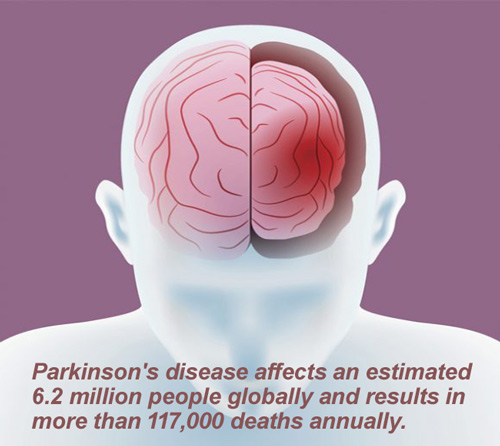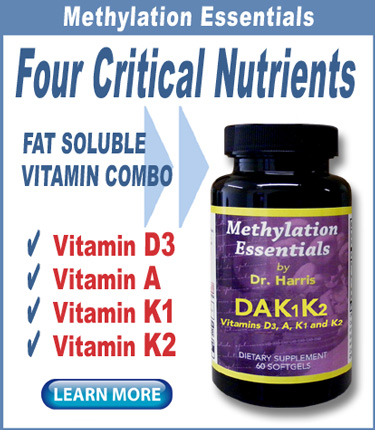A new review of current research has determined that Vitamin D supplementation is effective in “slowing the progress” of Parkinson’s disease.
The review was conducted at University of Palermo in Palermo, Italy, and published in Nutrients in March 2022.
The deadly disease we know today as Parkinson’s disease was first identified and presented to the academic world in 1817.
The British doctor credited with the discovery was James Parkinson—who the disease was later named after. Today April 11 is designated World’s Parkinson’s Day in honor of Dr. Parkinson’s birthday.
Parkinson’s disease is caused by insufficient secretion of dopamine, a neurotransmitter in our body. When you get sick, you can’t move your body beyond discomfort, and your normal daily life becomes difficult. Representative symptoms of Parkinson’s disease include tremor during rest, stiffness in which muscles are stiff, slow motion, movement disorders, postural instability, and sleep disturbances.
Study details
The University of Palermo research was not a clinical study, but a review of the existing literature. To conduct their review, researchers examined published studies on Vitamin D and Parkinson’s disease going back to 2005.
The authors of the study noted that though it is not yet proven if Vitamin D, in a clinical sense, could be an appropriate support in rehabilitative therapy in Parkinson’s disease patients, they did propose that Vitamin D supplementation would be beneficial in three different ways:
• Improve public health considering its possible role in brain development and its influence in pathogenesis of many neurological disorders, including Parkinson’s disease.
• Slow down the worsening of some Parkinson’s disease symptoms.
• Reduce the risk of fracture in Parkinson’s disease patients as the disease inevitably progresses.
In recognition of the sometimes conflicting study results, the researchers did give a nod to feeling the evidence was weightier on the supplementation side—especially when considered alongside the other proven benefits of Vitamin D.
“Considering the positive balance between potential benefits against its limited risks, Vitamin D supplementation for Parkinson’s disease patients will probably be considered in the near future, if further confirmed in clinical studies,” the researchers wrote.
In highlighting the causes of Parkinson’s disease, the researchers stated: “The ethology of neurodegeneration in Parkinson’s disease is not yet clear, but interactions of both genetic and environmental factors such as rural living, brain injury, pesticide exposure, alcohol consumption, smoking, etc. are very likely involved.
“Among the main risk factors in Parkinson’s disease such as pesticides, drugs, smoking, alcohol, traumatic brain injuries, Vitamin D deficiency may be another.”
Building on existing evidence
In a world where pharmaceutical corporations write many of the health laws, convincing health authorities that Vitamin D is critical in the fight against Parkinson’s disease has proven to be elusive. Notwithstanding “official” recognition, however, decades of research establishes a clear link in academic circles.
A PubMed.gov search will reveal hundreds of studies, extending back at least 20 years, linking Vitamin D and Parkinson’s disease.
Recent studies include a 2020 research paper, published in Brain Sciences, that showed that supplementation of 2000-5000 IU of Vitamin D3 daily to the elderly suffering from Parkinson’s disease was able to slow the progression of the disease.
A 2019 study published in Acta Neurologica Scandinavia found that patients with Parkinson’s disease had significantly lower levels of Vitamin D in their blood. Also, patients with lower Vitamin D levels were more likely to fall, and to experience sleep problems, depression, and anxiety.
Vitamin D is included in a number of popular Optimal Health Systems products. Follow links below for more information:
• Optimal Longevi-D
• Opti-Immune-VRL
• Essential DAK1K2
• Exposure Protection Pak
• Optimal Whole Food Vitamin-Mineral
– – –
Sources: Nutrients, PubMed.gov, University of Palermo.


